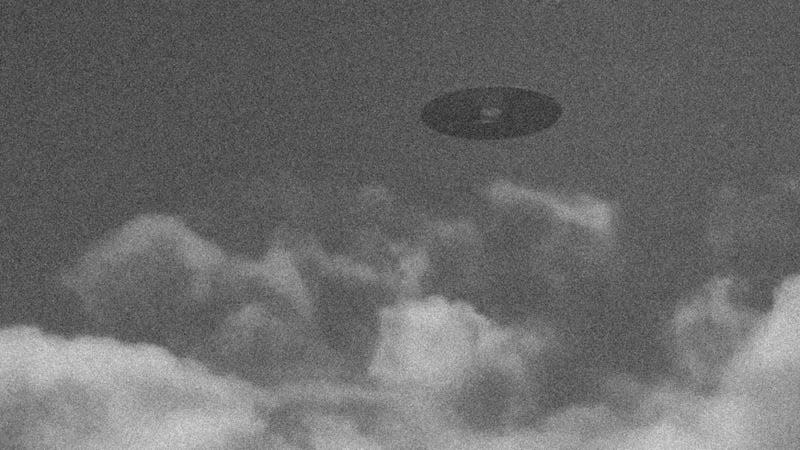We May Know a Whole Lot More About UFOs Soon

It’s very possible we’ll know more about UFOs soon. Due to a stipulation inside the 2024 National Defense Authorization Act, the federal government is now required to share any and all internal reports on the subject of unidentified flying objects with the National Archives, which will then (eventually) share those reports with the public.
The law in question would create an ‘‘Unidentified Anomalous Phenomena Records Collection” that would ostensibly include any and all historical records that exist about the UFO subject. According to the National Archives, the new law requires that, by October 20, 2024, “each federal agency review, identify, and organize each Unidentified Anomalous Phenomena (UAP) record in its custody for disclosure to the public and transmission to the National Archives.”
Those records are defined, quite broadly, as any and all copies of “Government, Government-provided, or Government-funded records relating to unidentified anomalous phenomena, technologies of unknown origin, and non-human intelligence (or equivalent subjects by any other name with the specific and sole exclusion of temporarily non-attributed objects).” Relevantly, agencies must also turn over a host of metadata about each document, including the date that it was created, the agency and/or office that created it, and the security classification it falls under, among other data points.
Does this mean that the truth that was out there will soon be on display in the halls of our nation’s historical preservation agency? Well, maybe. Probably not. Actually, it seems almost certain that whatever is about to come out will be slightly disappointing to the UFO community’s most fervent true believers.
I have previously written about the labyrinthian topic of UFOs, and how, despite ongoing expectations of “disclosure,” the government has never revealed much about those mysterious lights in the sky—and there may not be a whole lot to know. It’s possible that this legislative push for transparency could force the government’s hand, though, as some have noted, it’s not clear what mechanisms will be available to force particularly secretive government agencies to comply with the new regulation. God knows the national security state knows how to keep a secret.

